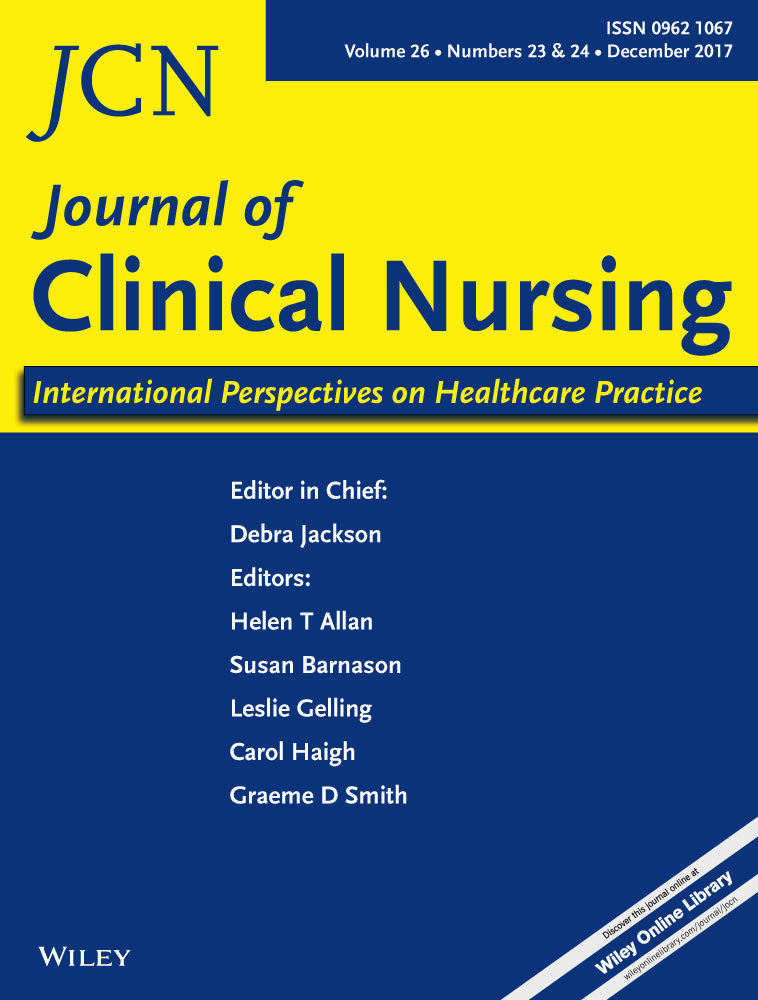An integrated review of the correlation between critical thinking ability and clinical decision-making in nursing
Abstract
Aims and objectives
To explore whether there is a correlation between critical thinking ability and clinical decision-making among nurses.
Background
Critical thinking is currently considered as an essential component of nurses’ professional judgement and clinical decision-making. If confirmed, nursing curricula may be revised emphasising on critical thinking with the expectation to improve clinical decision-making and thus better health care.
Design
Integrated literature review.
Methods
The integrative review was carried out after a comprehensive literature search using electronic databases Ovid, EBESCO MEDLINE, EBESCO CINAHL, PROQuest and Internet search engine Google Scholar. Two hundred and 22 articles from January 1980 to end of 2015 were retrieved. All studies evaluating the relationship between critical thinking and clinical decision-making, published in English language with nurses or nursing students as the study population, were included. No qualitative studies were found investigating the relationship between critical thinking and clinical decision-making, while 10 quantitative studies met the inclusion criteria and were further evaluated using the Quality Assessment and Validity Tool. As a result, one study was excluded due to a low-quality score, with the remaining nine accepted for this review.
Results
Four of nine studies established a positive relationship between critical thinking and clinical decision-making. Another five studies did not demonstrate a significant correlation. The lack of refinement in studies’ design and instrumentation were arguably the main reasons for the inconsistent results.
Conclusions
Research studies yielded contradictory results as regard to the relationship between critical thinking and clinical decision-making; therefore, the evidence is not convincing. Future quantitative studies should have representative sample size, use critical thinking measurement tools related to the healthcare sector and evaluate the predisposition of test takers towards their willingness and ability to think. There is also a need for qualitative studies to provide a fresh approach in exploring the relationship between these variables uncovering currently unknown contributing factors.
Relevance to clinical practice
This review confirmed that evidence to support the existence of relationships between critical thinking and clinical decision-making is still unsubstantiated. Therefore, it serves as a call for nurse leaders and nursing academics to produce quality studies in order to firmly support or reject the hypothesis that there is a statistically significant correlation between critical thinking and clinical decision-making.




